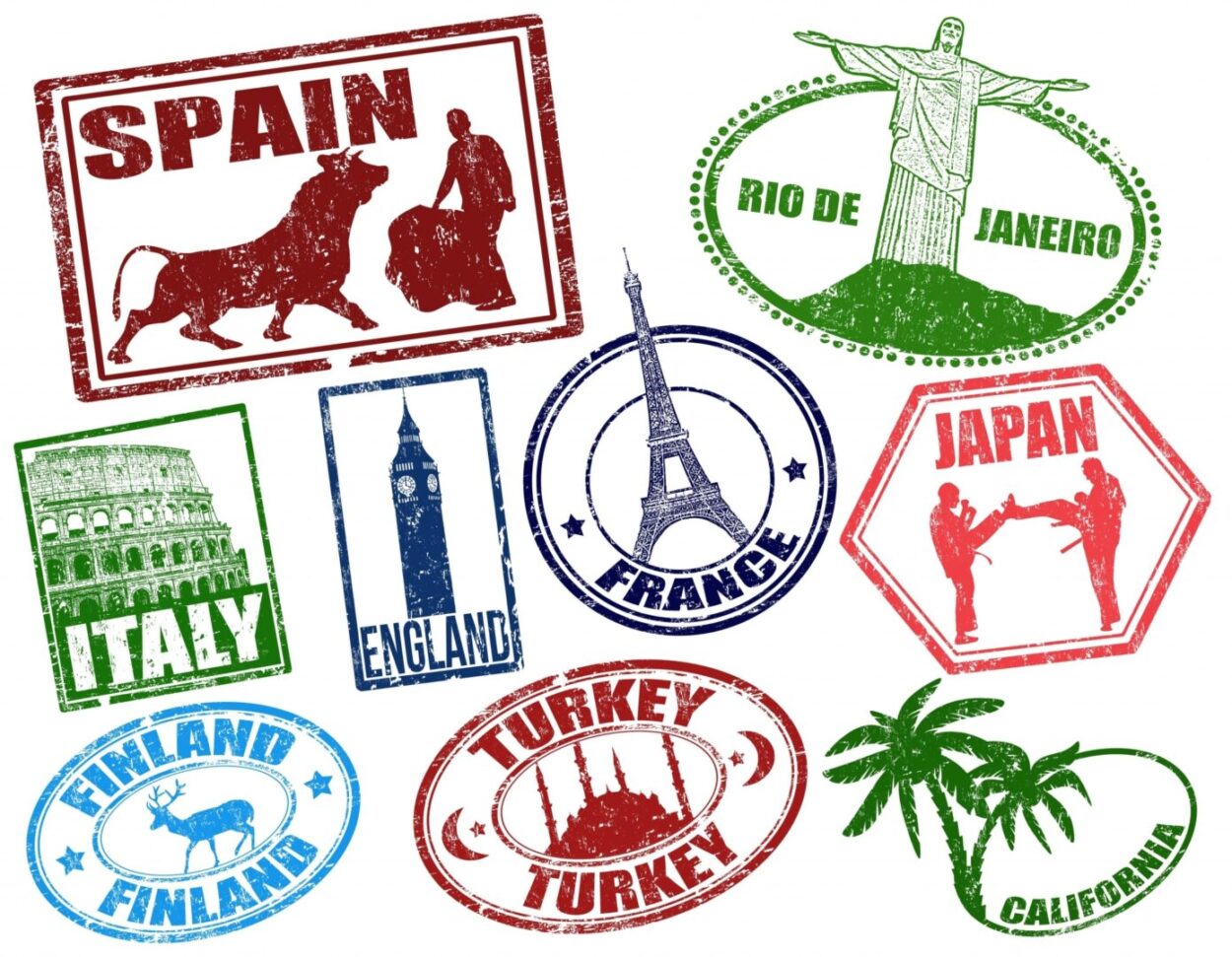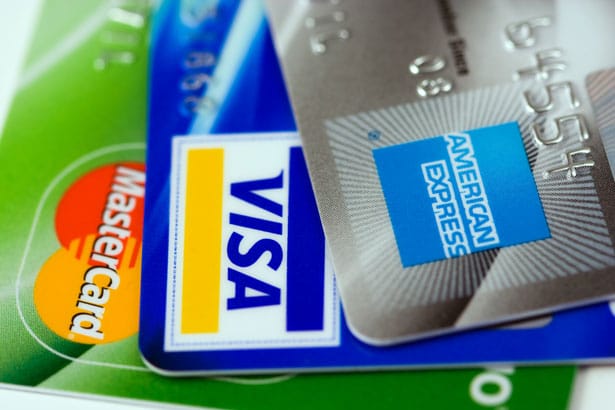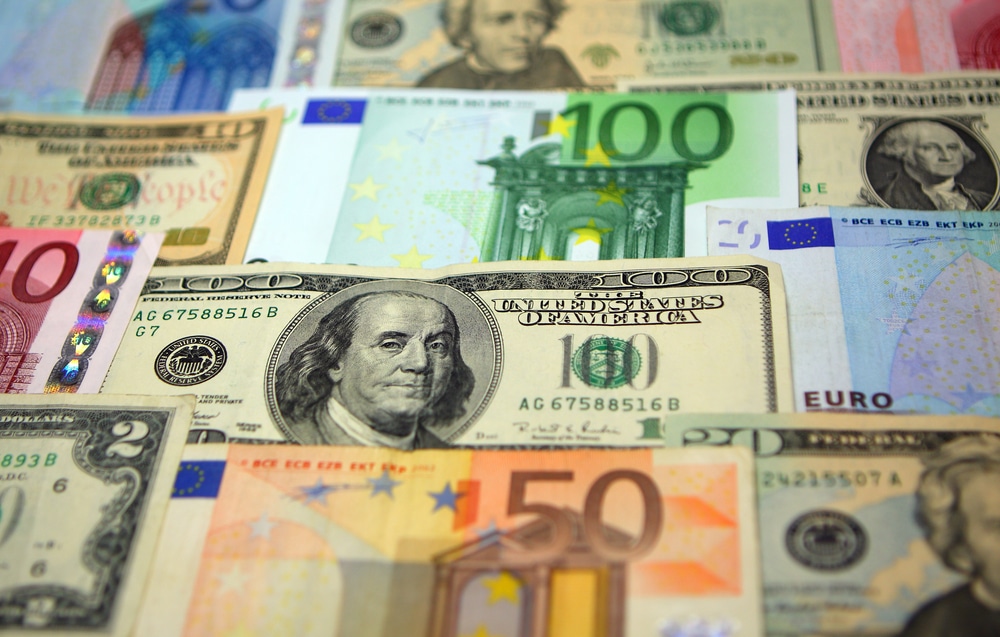Jasmine Birtles
Your money-making expert. Financial journalist, TV and radio personality.

Prepaid travel cards are a great way to budget on holiday. It used to be that part of preparing to go on vacation would involve a trip to your local post office or bank to buy currency and order travellers cheques. You’d then have the worry of carrying that cash around, remembering the code to the hotel safe and making sure you took enough money out with you.
You might have needed to buy more currency from a local bank or exchange counter or even to use your UK bank card because you’d run out of cash – both of which can involve quite hefty fees. It was really hard not to overspend.
These days you can get a prepaid travel card with your currency already loaded on to it. Whatever is left on the card at the end of your holiday can be withdrawn as pounds and paid back into your bank account. They really are a great way to stay in control of your money on holiday!
Read on to find out more.
These cards are sometimes called travel money cards or prepaid currency cards. Very simply, they work like a debit card. You can use them in shops or restaurants; at the cashpoint; in a bar – and most are contactless too.
Think of it like pay-as-you-go. Choose a card. Use the app to load the card up with the currency (or currencies) you need for your holiday. Use the card like you would your UK bank card and once you’ve used the money on the card you can’t spend any more.
(However, if you do use all of the money you pre-loaded onto the card, you can use the app to transfer more funds instantly, so you never need to worry about running out of funds.)
With some cards you can even preload them with sterling which is then converted into the currency of the country you’re in according to the exchange rate that day. Handy if you’re travelling between countries with different currencies.

There are lots of reasons to use a prepaid travel card. They are convenient, easy to use and offer peace of mind. But the two most attractive things about these cards are the safety aspect and budgeting.
Using a prepaid travel card means you don’t have to carry around wads of cash, usually in a slightly sweaty money belt tied around your waist and neither do you have to worry about keeping your travellers cheques safe. (Not to mention finding somewhere to cash them in and remembering to carry your passport, which you need for ID).
With a prepaid travel money card your money is there, in your purse or wallet, at all times. Should it get stolen you can cancel it immediately.
The second reason – budgeting – is really appealing to a lot of people. Yes, you can add more to the card if you really have to, but if you’re careful and work out what you need beforehand or if you know that you only have a certain amount of spending money, they are a brilliant way to budget.
You load as much or as little as you want on to the card, check the balance at the end of every day and then budget for the next day. As long as you are strict with yourself, there is no reason to overspend.

Most travel money cards are underwritten by Mastercard or Visa (some are underwritten by American Express) and will therefore be accepted everywhere Mastercard and Visa are accepted – that’s over 36 million locations around the world!
However – and this is important – don’t use a prepaid travel card to guarantee things like hotel bookings and car-hire. The company will usually take a payment and hold that in reserve until you check-out or return the car. This could wipe out a big portion of the money you pre-loaded. Use your UK credit card if you have one, or your UK debit card instead for these sorts of things.
You also may not be able to use them at pay-at-pump stations or toll booths. Always check before travelling.
Anyone over the age of 18 can get one. Even if you have a poor credit-rating, as long as you have a stable address and ID (eg passport or driver’s licence) you can get a travel money card.

The prepaid travel card firms aren’t offering you their cards out of the goodness of their hearts. Charges will apply. But the charges vary hugely from provider to provider and you should always read up to make sure you’re getting what you pay for.
Each card will have different fees so make sure you understand the terms of use before you commit to using one. Please ALWAYS read the terms and conditions!
Here are a few potential charges you should look out for:
The money held by prepaid card companies is classified as e-money, therefore it is not subject to the same regulations as when you deposit money in a bank or building society. The FSCS (Financial Services Compensation Fund) exists to pay out compensation in the event of your bank or building society going out of business.
It is a bit different with prepaid cards. Some are covered by separate e-money regulations that mean your money is safeguarded in case of bankruptcy. This provides for prepaid card holders’ monies to be re-paid as a priority over all other people owed money.
Try and pick a card from a known, reputable company with a proven track record.

There are so many cards with different charges for transactions, cash withdrawals, top-ups and purchase and monthly fees. This makes it very difficult to compare them.
As is often the case, it is quite difficult to say which is best because whilst one card may come out on top in terms of transaction fees, it can then let itself down with monthly fees or a high initial charge.
Essentially the first thing to do is think about what you want to use the card for, then pick one that meets your needs.
The most popular travel money cards are:
Prepaid cards aren’t just for holidays. Read our guide to what else you can use them for to find out more.
